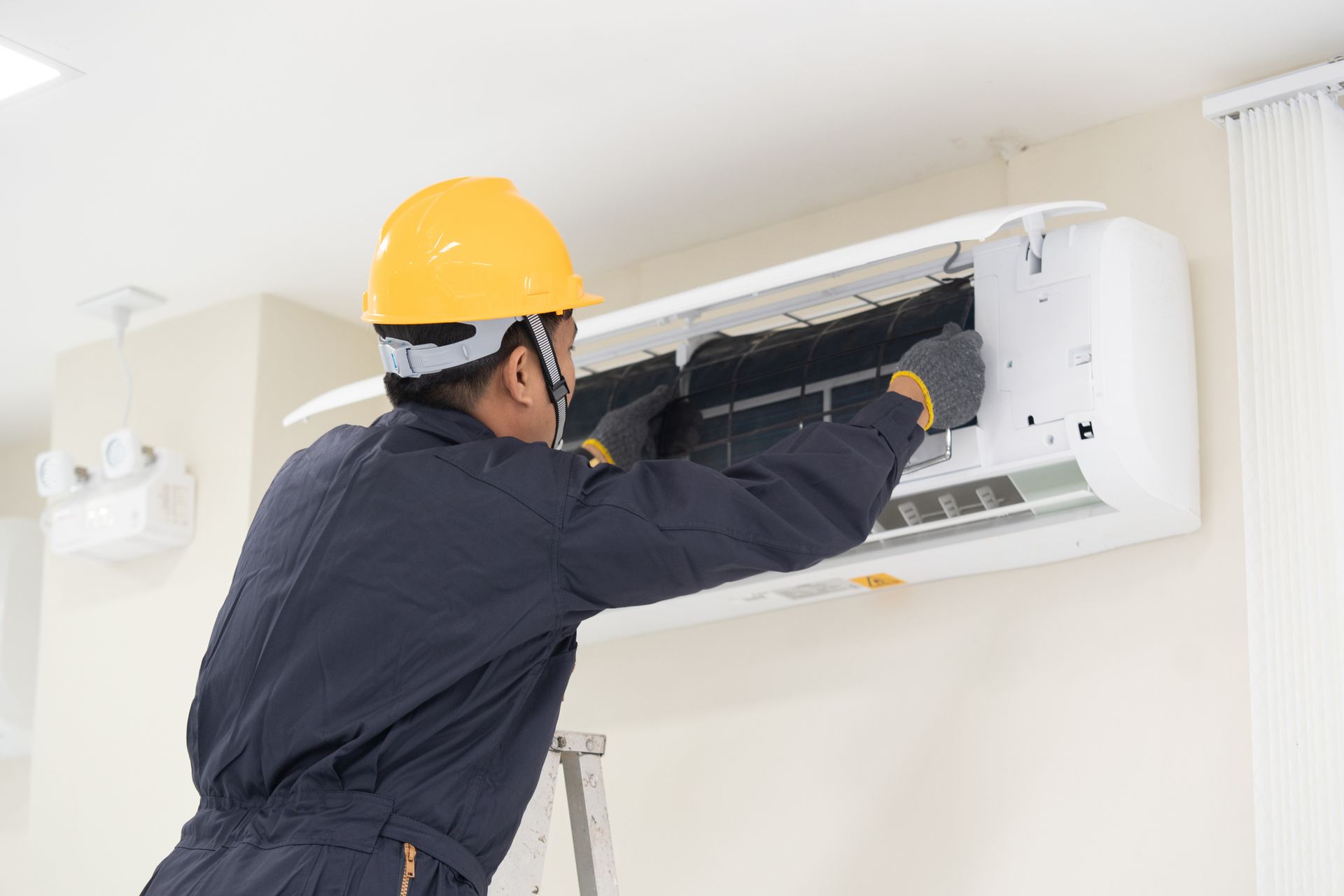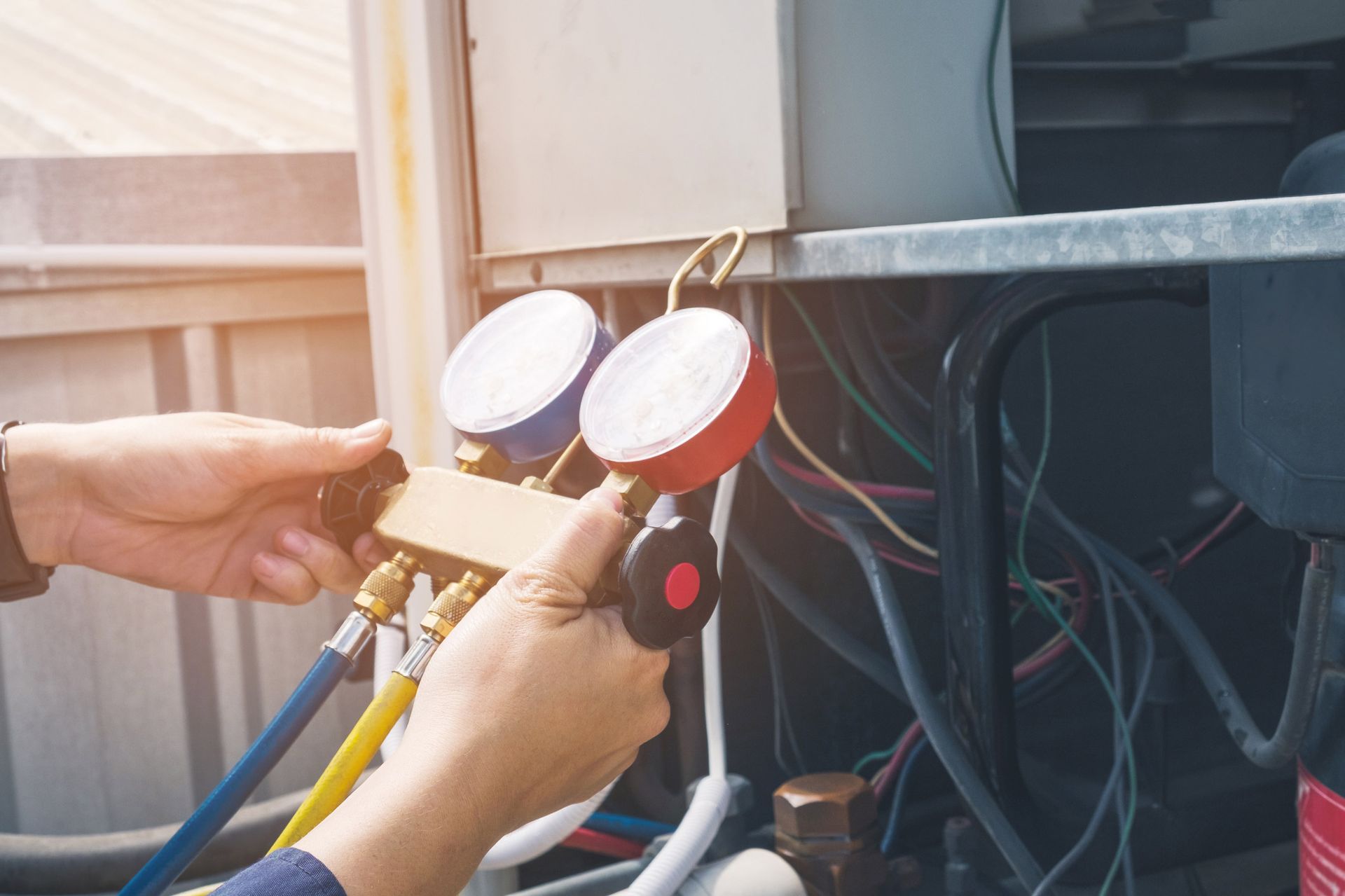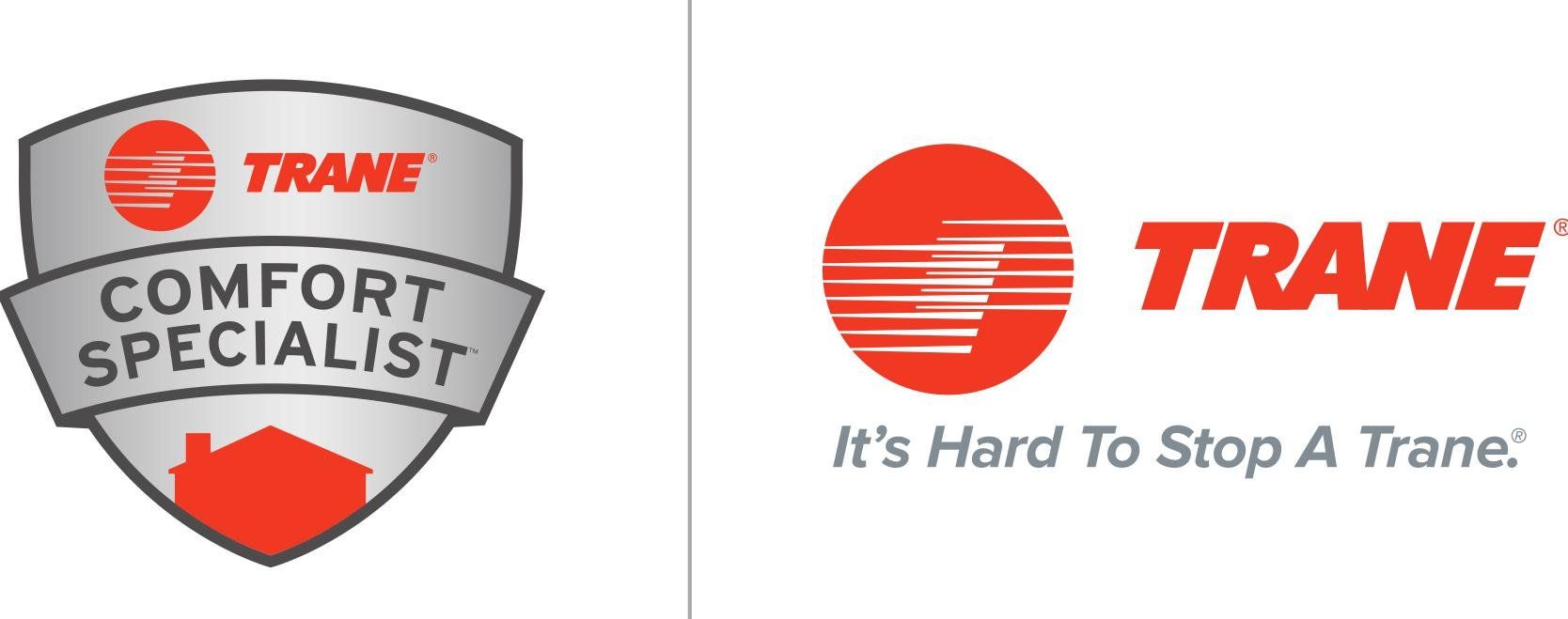Using a Whole-Home Air Purifier to Minimize Pollutants
If you’re like most Jacksonville, FL residents, you spend more time at home than anywhere else. Unfortunately, indoor air can be up to five times more polluted than outdoor air. This puts your health and comfort at risk. One way to minimize pollutants is with a whole-home air purifier. Read on to learn more about how they work and their benefits.
Technology in Whole-home Air Purifiers
Whole-home air purification systems may use one or more types of technology to trap or inactivate pollutants. Electrostatic filters trap charged particles, such as dust and pollen. The plates sequester these pollutants so they don’t enter your air ducts or heating and cooling equipment. Purifiers may use a variety of mechanical filters, including flat and extended media filters. These filters have pores that trap particles. UV-C filtration uses a beam of UV light to inactivate odors, bacteria, and viruses.
Types of Pollutants Trapped by a Whole-home Air Purifier
Whole-home air purifiers capture a wide range of particles, including common allergens like dust and pollen. If you have allergies or asthma, an air purifier may lessen your symptoms. Whole-home air purification systems also trap pet dander and spores, which trigger allergies in many people. Odors, oil droplets, bacteria, and viruses may also be captured by air purification systems.
Replace the Air Filter and Schedule Maintenance
To make sure your whole-home air purifier works efficiently and effectively, keep up with its maintenance. The filters should be checked and replaced every 30 to 90 days, explains the EPA. For UV-C air purification systems, the lamps typically last for about three months. If you’re not sure of how to replace the air filters in your whole-home air purifier or your heating and cooling system, a NATE-certified technician help you.
To learn more about indoor air quality issues and potential solutions, take a look at Willman Air’s indoor air quality page, or contact us today for additional details.




